World leaders look to build economic, trade ties after Trump departs ASEAN summit
None of those framework deals reduced steep U.S. tariffs on Cambodia, Malaysia, Thailand and Vietnam, the White House said, though they left room for some exemptions.
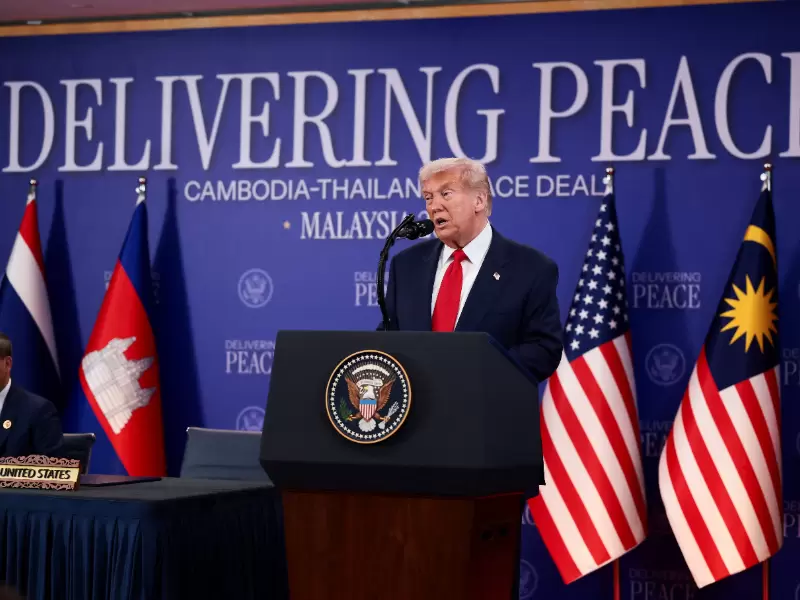 U.S. President Donald Trump speaks ahead of the signing of a ceasefire deal between Cambodia and Thailand on the sidelines of the 47th Association of Southeast Asian Nations (ASEAN) summit in Kuala Lumpur, Malaysia, October 26, 2025. / REUTERS/Evelyn Hockstein
U.S. President Donald Trump speaks ahead of the signing of a ceasefire deal between Cambodia and Thailand on the sidelines of the 47th Association of Southeast Asian Nations (ASEAN) summit in Kuala Lumpur, Malaysia, October 26, 2025. / REUTERS/Evelyn Hockstein
World leaders gathered in Malaysia on Oct. 27 will discuss ways to strengthen economic and trade ties in the shadow of looming U.S. tariffs after President Donald Trump left a summit of Southeast Asian nations to continue a tour of the region.
In a flurry of deal-making on his first Asia stop, Trump oversaw the signing on Oct. 26 of an expanded ceasefire pact between Cambodia and Thailand and four regional trade deals.
None of those framework deals reduced steep U.S. tariffs on Cambodia, Malaysia, Thailand and Vietnam, the White House said, though they left room for some exemptions.
"Our message to the nations of Southeast Asia is that the United States is with you 100 percent and we intend to be a strong partner for many generations," Trump said on a day when U.S. and Chinese negotiators agreed to a tariff pause in their trade war.
ALSO READ: Trump, the Browns, and the Indian‑American Future
While Trump and Secretary of State Marco Rubio fly to Japan, top officials from China and the leaders of Brazil, Canada, the European Council and the 11-strong ASEAN bloc will work to solidify economic partnerships and hammer out trade pacts.
Chinese officials are expected to press for trade multilateralism and look to shore up regional relationships, while other U.S. officials attend the summit after Rubio's departure.
Also on the cards is a summit of the China-backed Regional Comprehensive Economic Partnership, which groups 10 ASEAN members with Australia, Japan, New Zealand and South Korea.
The world's largest trading bloc, RECP covers about 30 percent of global gross domestic product and is touted by some analysts as a potential buffer against U.S. tariffs.
Eu-China meeting
European Council President Antonio Costa met Chinese Premier Li Qiang and said he conveyed strong concern about Beijing's expansion of export controls on critical raw materials.
"I urged him to restore as soon as possible fluid, reliable and predictable supply chains," Costa said after the meeting, adding that he had also sought China's help in efforts to end Russia's war in Ukraine.
Rare earth magnets and minerals have been a major sticking point in Beijing's trade war with Washington, with China using its control over 90 percent of global supply as leverage to combat U.S. tariffs.
Brazilian President Luiz Inacio Lula da Silva said his meeting with Trump on Oct. 26 "guaranteed" a more favourable trade deal.
The United States has imposed tariffs of 50 percent on Brazilian products in retaliation for the sentencing of former President Jair Bolsonaro.
"I told him it was extremely important to take into account Brazil's experience as the largest country in South America, as the most economically important country that has almost all of South America as a neighbour," Lula, as he is popularly known, said on Oct. 27 .
The Association of Southeast Asian Nations (ASEAN) groups Brunei, Cambodia, Indonesia, Laos, Malaysia, Myanmar, Philippines, Singapore, Thailand, East Timor and Vietnam.
ADVERTISEMENT
ADVERTISEMENT
E Paper
Video



 Reuters
Reuters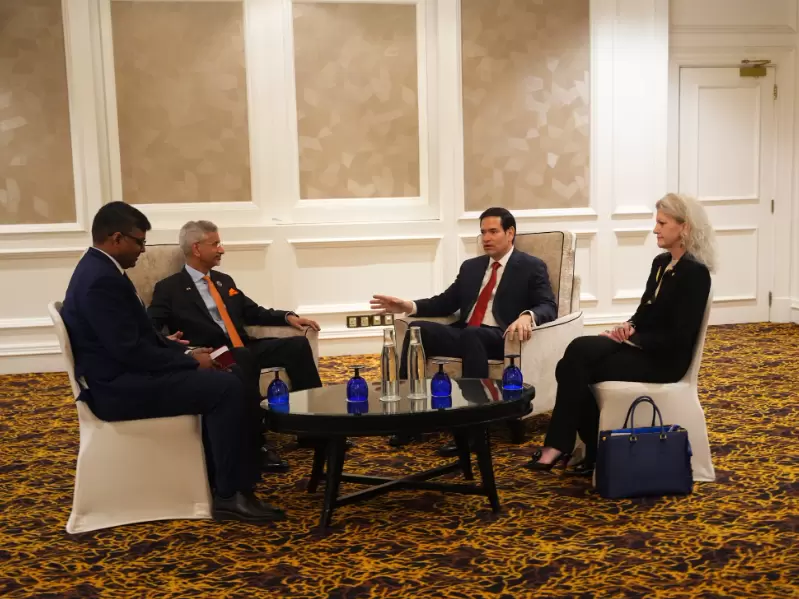

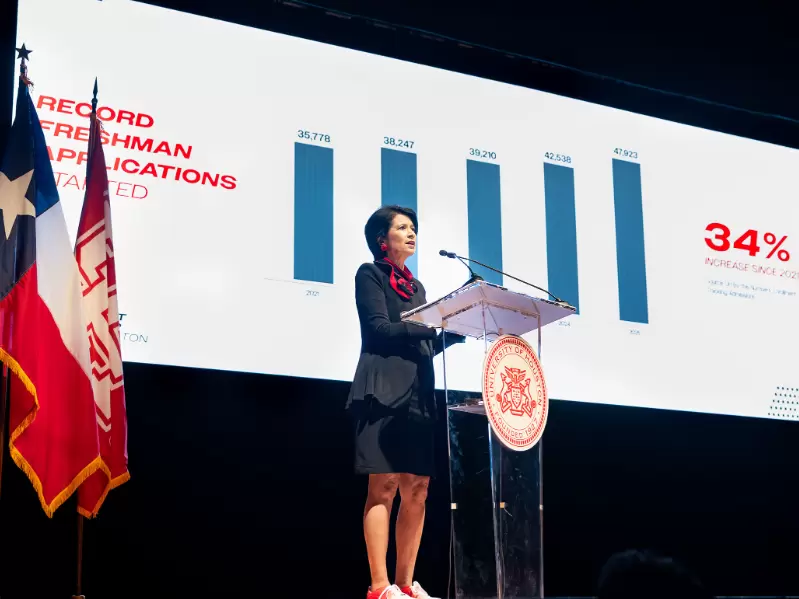
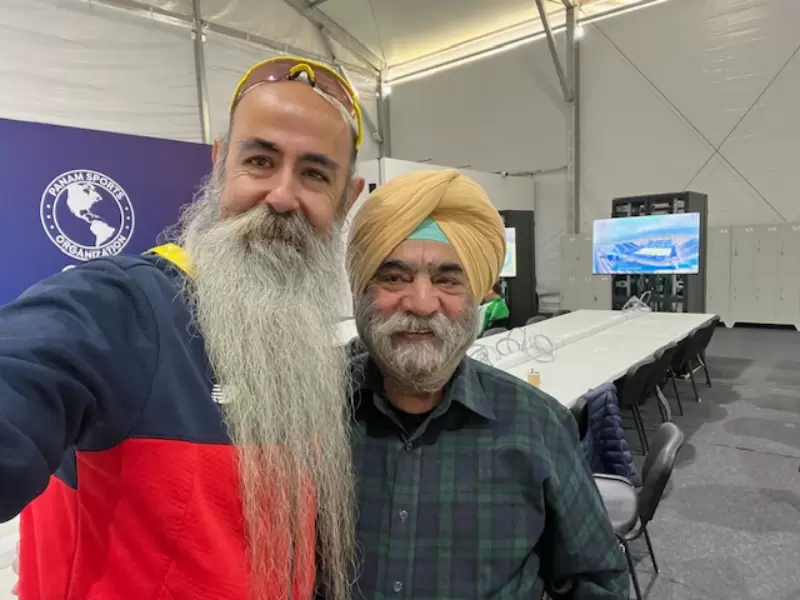
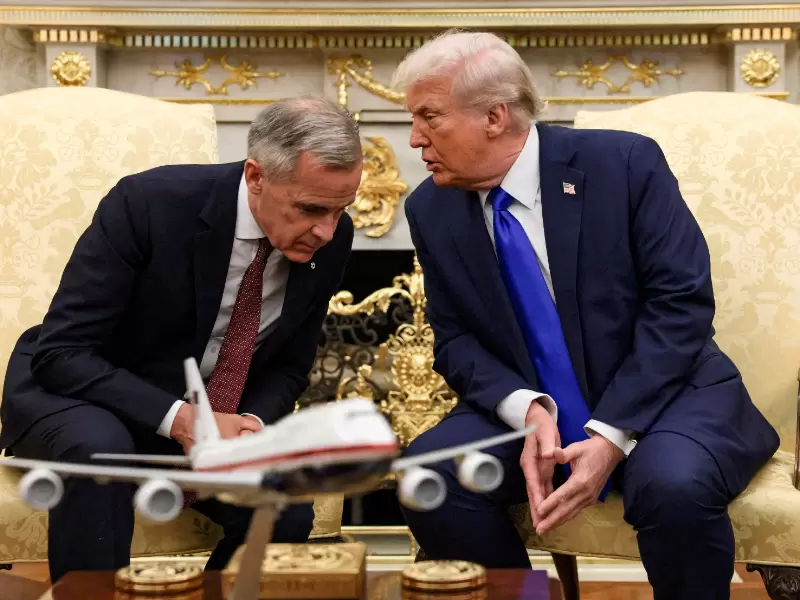
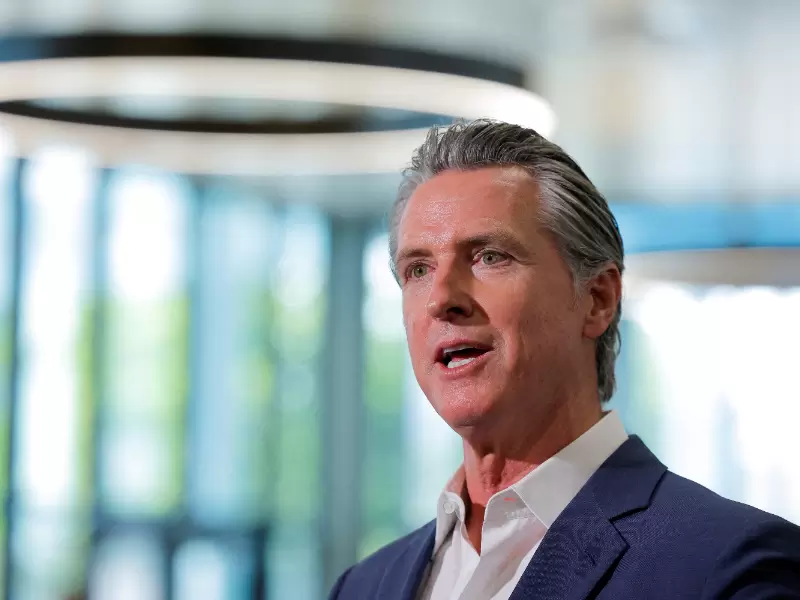
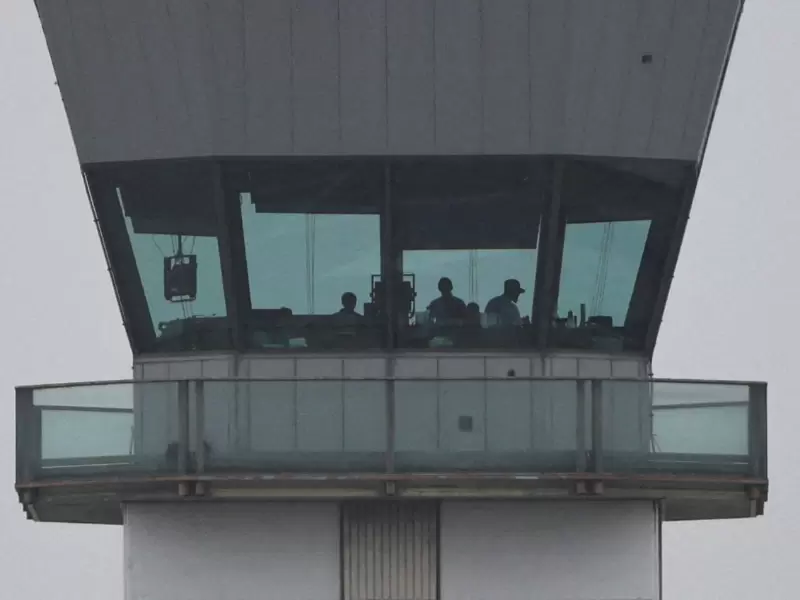
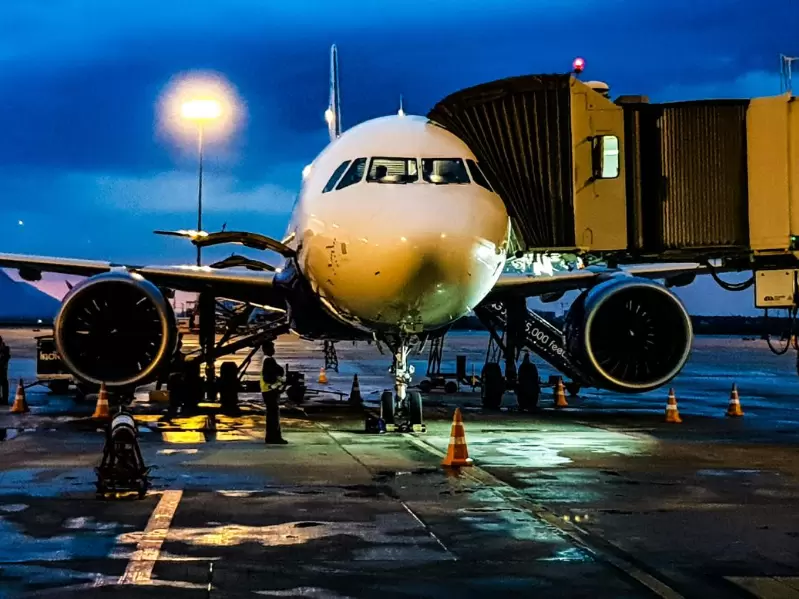
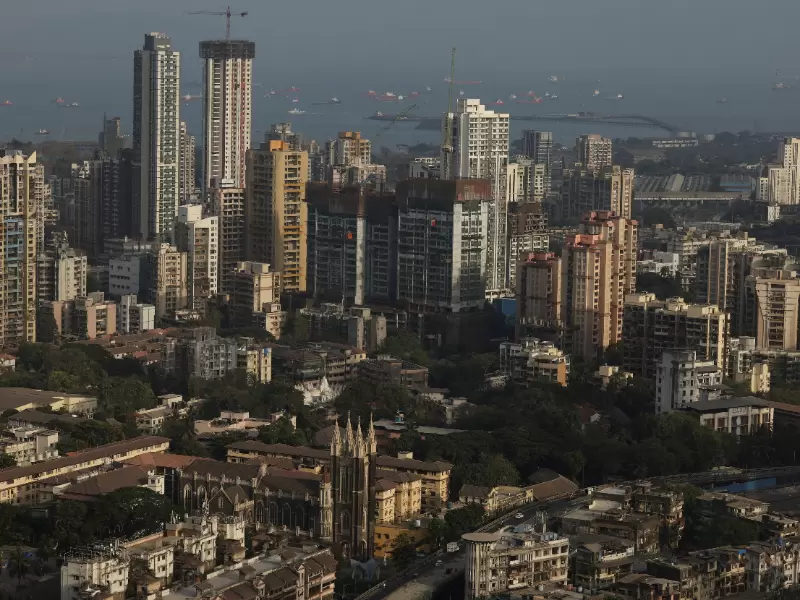
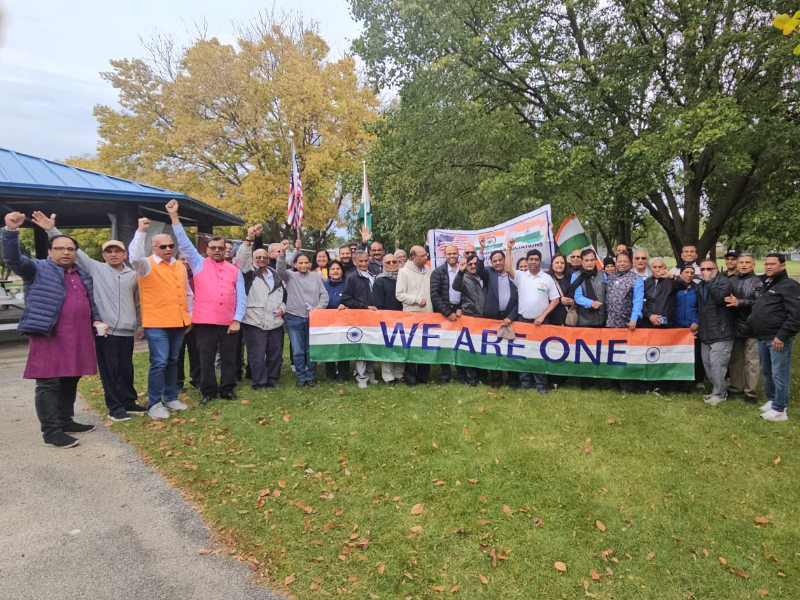
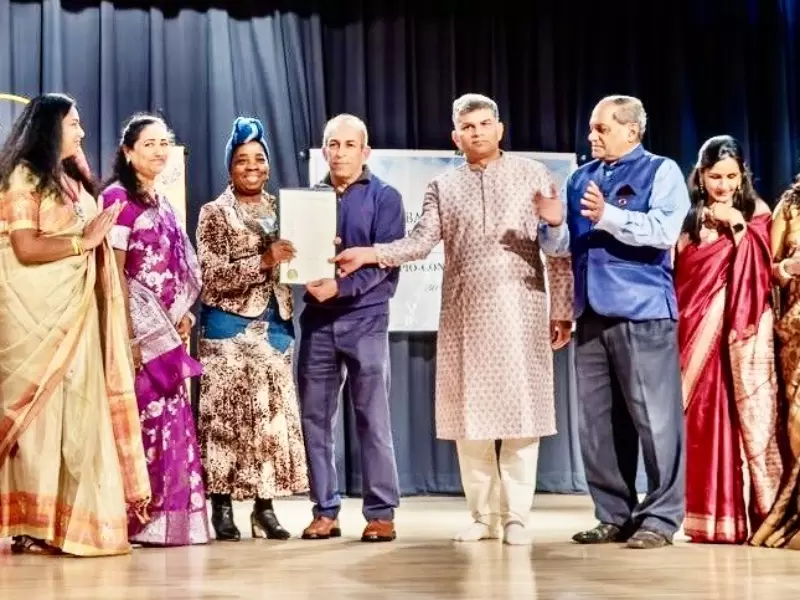



Comments
Start the conversation
Become a member of New India Abroad to start commenting.
Sign Up Now
Already have an account? Login